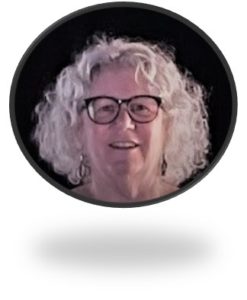 by Eileen Wunderlich, Retired Fiat Chrysler Automobiles (formerly named Chrysler) Marketing Communications Manager and AWC Detroit Board member at large
by Eileen Wunderlich, Retired Fiat Chrysler Automobiles (formerly named Chrysler) Marketing Communications Manager and AWC Detroit Board member at large
Teach your children well …
And feed them on your dreams
The one they pick’s the one you’ll know by
Don’t you ever ask them, “Why?”
If they told you, you would cry
So just look at them and sigh …
And know they love you
It may sound crazy to quote the Crosby, Stills and Nash song, “Teach Your Children” (who, you ask?), yet these lyrics kept playing in my head when chatting with Shelley Danner, Ben Gardner, Eric Kiska and Peter Robins-Brown about their chosen careers. They are a new generation of communicators who also are the children of current AWC members.
Whether following in the footsteps of their parents or charting a new path of their own, growing up with communicators definitely influenced their choices.
They were happy to speak to AWC about knowledge gained from their parents, the communications skills and tools they feel are necessary to be successful in today’s changing landscape, and their recommendations for young professionals just starting out.
 Shelley Danner is the program director and co-founder of Challenge Detroit, an organization whose mission is to develop and support emerging and existing community-minded leaders to make an impact in Detroit. In her position, she co-launched, designed and runs the yearlong fellowship program. She also works closely with nonprofit organizations to design projects that Challenge Detroit Fellows then execute. She is the daughter of AWC member Marcia Danner, a writer, editor and published author, and an engineer father, Gerald Danner.
Shelley Danner is the program director and co-founder of Challenge Detroit, an organization whose mission is to develop and support emerging and existing community-minded leaders to make an impact in Detroit. In her position, she co-launched, designed and runs the yearlong fellowship program. She also works closely with nonprofit organizations to design projects that Challenge Detroit Fellows then execute. She is the daughter of AWC member Marcia Danner, a writer, editor and published author, and an engineer father, Gerald Danner.
Danner emphasizes the important role effective communications play, both in her program director position and, more importantly, in the Challenge Detroit fellowship program. “Communication skills are essential leadership skills and Fellows learn, practice and strengthen their skills through training and workshops, such as public speaking, blogging and storytelling, and through collaboration on projects in the community with nonprofit partners.”

Ben Gardner, center, with his parents
Ben Gardner is the Michigan campaign manager at All Voting is Local, a nonpartisan voting rights advocacy organization. He is part of a team fighting to dismantle voting barriers and advocating for equal access to the ballot by all voters. Gardner is the son of AWC’s Kathleen Byland Gardner, a senior communication specialist at Blue Cross Blue Shield of Michigan, and retired Detroit Free press business reporter Greg Gardner.
Gardner says he was interested in communications and journalism at a very early age and credits his parents for encouraging him to think more broadly. “The values my parents instilled in me, specifically a belief in social justice, laid the foundation for me to pursue this field. They helped me prioritize a career path where I felt like I could make a difference instead of one that might not offer personal fulfillment.”
 Eric Kiska is currently the managing editor and associate producer of his father’s “The Detroit History Podcast.” He handles all the social media promotion – a key driver behind the podcast’s success – and the audio editing, as well as other production elements, including lining up interviews, completing historical research and choosing the music. Kiska also is a U.S. Postal Service mailman by day and just launched his own football podcast. He is the son of retired Free Press medical reporter and published author, Pat Anstett, and Tim Kiska, a former Detroit News reporter, current University of Michigan Dearborn associate professor, and historian.
Eric Kiska is currently the managing editor and associate producer of his father’s “The Detroit History Podcast.” He handles all the social media promotion – a key driver behind the podcast’s success – and the audio editing, as well as other production elements, including lining up interviews, completing historical research and choosing the music. Kiska also is a U.S. Postal Service mailman by day and just launched his own football podcast. He is the son of retired Free Press medical reporter and published author, Pat Anstett, and Tim Kiska, a former Detroit News reporter, current University of Michigan Dearborn associate professor, and historian.
Kiska says helping his dad with “The Detroit History Podcast” was “a happy accident” and he learned a lot about nonfiction storytelling from him. “The biggest thing I learned from my mom is, when telling a story, be terse and concise. All the way back to grade school, she told me to limit your words and be more impactful with them.”
Anstett listens to and reviews all the podcasts before they air and, as Kiska says, “we always take her advice to heart.”
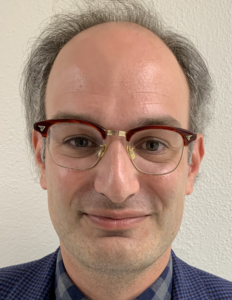 Peter Robins-Brown is the son of long-time AWC member Wendy Robins, a communications consultant specializing in creative performance improvement and training solutions, and Terry T. Brown, a retired radio traffic reporter and public relations/marketing specialist. Robins-Brown is the policy and advocacy director at Louisiana Progress, a nonprofit organization that advocates for progressive policies in the state. Most recently, he successfully lobbied the Louisiana legislature for the passage of three new laws.
Peter Robins-Brown is the son of long-time AWC member Wendy Robins, a communications consultant specializing in creative performance improvement and training solutions, and Terry T. Brown, a retired radio traffic reporter and public relations/marketing specialist. Robins-Brown is the policy and advocacy director at Louisiana Progress, a nonprofit organization that advocates for progressive policies in the state. Most recently, he successfully lobbied the Louisiana legislature for the passage of three new laws.
When asked what skills he felt were most important in his activist experiences, Robins-Brown said, “I always come back to listening. You have to have a good ear and be an active listener. In communications, community organizing, legislative lobbying, or any of the other hats I wear, I’m always trying to listen and gather information, then evaluate the information and distill it into a simple message that resonates with as many people as possible.”
Starting Out and Knowledge Gained
While they may have followed different paths, there are many similarities in how these four got to where they are today – a mixture of volunteer and paid positions, plus hard work and flexibility.
Kiska’s first job in communications was during college, when he did freelance video editing for Detroit Public Television. After graduating, he had a stint as an entertainment writer for the Motor City Muckraker local news blog, before becoming a mail carrier when he couldn’t find a full-time communications job.
Gardner had various odd jobs in high school. In college, he worked in the cafeteria, as an usher in the performing arts center and as a telemarketer, before getting an unpaid internship at a civil rights organization.
Robins-Brown held many volunteer positions and odd jobs, all of which he credits for being helpful in learning about people and how to communicate to them. These include working in the service industry, writing website content for small businesses and working in journalism.
Danner took a “winding, dynamic” path in her career – gaining work experience in many fields, including education, sports, business, nonprofit and social impact – and is grateful for how much she learned at each pivot. “After several years, I came to a crossroads where I realized that I wanted to do something more meaningful and purpose-driven.” She found that purpose when she helped launch Challenge Detroit’s first recruitment cycle 10 years ago. “As I look back, I see how communications skills have been critical no matter what job I’ve had.”
All of these AWC member offspring credit their parents for teaching them the importance of developing strong writing, editing, public speaking, listening and overall communications skills.
“Having parents who taught me how to write and edit papers for school, who always had thoughts about the news of the day and how it was presented, and all of the other qualities that communications professionals learn, certainly helped lead me into the communications field,” Robins-Brown said. “I always felt like I was meant to be a writer, it was just a matter of finding where that passion could be best put to use.”
Gardner shared similar thoughts. “I am most grateful that my parents’ background in journalism and communications instilled in me a profound appreciation for truth and accountability. My mother was most influential in helping me understand the importance of seemingly small details. Without the lessons I learned from her about how to communicate effectively, I don’t think I would have pursued a career in public affairs.”
Kiska always had plenty of newspapers and books around as a kid. “My parents never forced anything on me, but always having something to read was a huge part of my development as a child. When I first discovered my talent for writing and storytelling, they definitely encouraged it and would always give me feedback on what I’d written.”
Danner credits growing up with a writer/editor mother and engineer father for giving her an appreciation for multi-disciplinary perspectives and skills. She also notes that the field of communications runs strong in her family, as her mom’s parents were both in journalism and even met while working at the Michigan State newspaper. “While I was not pulled toward the same career as my mom, through her positive influence, I knew communications was a skill that is highly valued and highly needed, no matter which path I chose to take.”
Communicating in Today’s Changing Landscape
When asked what were the most important skills every communicator should have, not surprisingly, social media ranked near the top.
Kiska said “knowing and utilizing the power of social and digital media is so critical today, and is a must to be successful.” He recommends checking out a New York Times podcast titled “Rabbit Hole,” for better understanding how social media and the internet has changed communications.
In addition to the ever-changing landscape of how and where people consume information, the social distancing and working from home dynamics brought on by the COVID pandemic further changed how these professionals reached their audiences.
With the prominence of video conferencing, listening became an even more valuable skill.
“While public speaking is important in my job, working virtually due to the pandemic has elevated certain skills above others,” Gardner says. “I believe the most important in this environment is the ability to actively listen and find common ground with coalition partners and clerks. Responsiveness is also important.”
Similarly, Danner added what she refers to as presence. “With so many demands pulling at us these days, we need to sharpen our own skills of tuning in, being present and staying focused.”
The key to effective communication is how you tell your story, regardless of the delivery tool, say Danner, Gardner, Kiska and Robins-Brown. They stress the importance of engaging audiences through clear, concise and creatively strategic narratives.
Robins-Brown noted that at Louisiana Progress, they “try to use every method of communication imaginable – earned media, social media, in-person contact with the community, etc. – to reach as many people with their message as often as possible.”
It is easy to see that Danner, Gardner, Kiska and Robins-Brown all love the professions they chose and have the following “words of wisdom” for young communicators just starting out.
- Danner: “Keep learning and developing yourself, and think about how you can use your communications skills to make a positive impact, whether through your job or in your community.”
- Gardner: “Keep your options open and have the humility to learn from others. There are seemingly endless possibilities for individuals today to apply their skills. My advice to young professionals is to embrace this.”
- Kiska: “Work to live, don’t live to work. Know your worth as a person and don’t let employers treat you like you’re less; and always set aside time for yourself to breathe and relax everyday.”
- Robins-Brown: “Being a communications professional is hard, relatively low-paying, often thankless work. Don’t get into the business unless you feel called to it, or because you want to learn the skill set in order to use it in another profession.”
AWC salutes this generation of communicators and thanks them for sharing their stories. We also owe our heartfelt gratitude to their proud parents and role models, notably AWC members Marcia Danner, Kathleen Byland Gardner, Pat Anstett and Wendy Robins.
# # #
Author Eileen Wunderlich is a longtime communications professional and an AWC Detroit past-president and Headliner. She held numerous public relations and communications positions in the music, television, advertising and automotive industries through the years. Wunderlich retired from FCA (Fiat Chrysler Automobiles) in 2018, where her last position was Manager, Marketing Communications, and has since established Wunderlich Communications for consultancy and freelance projects.


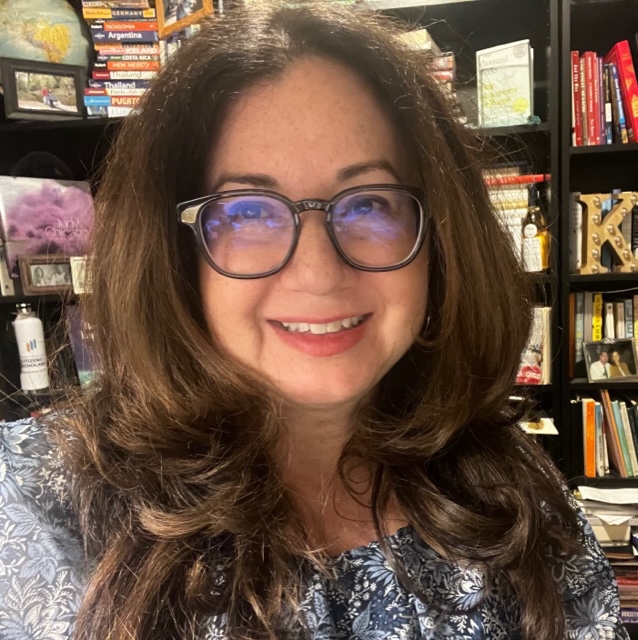
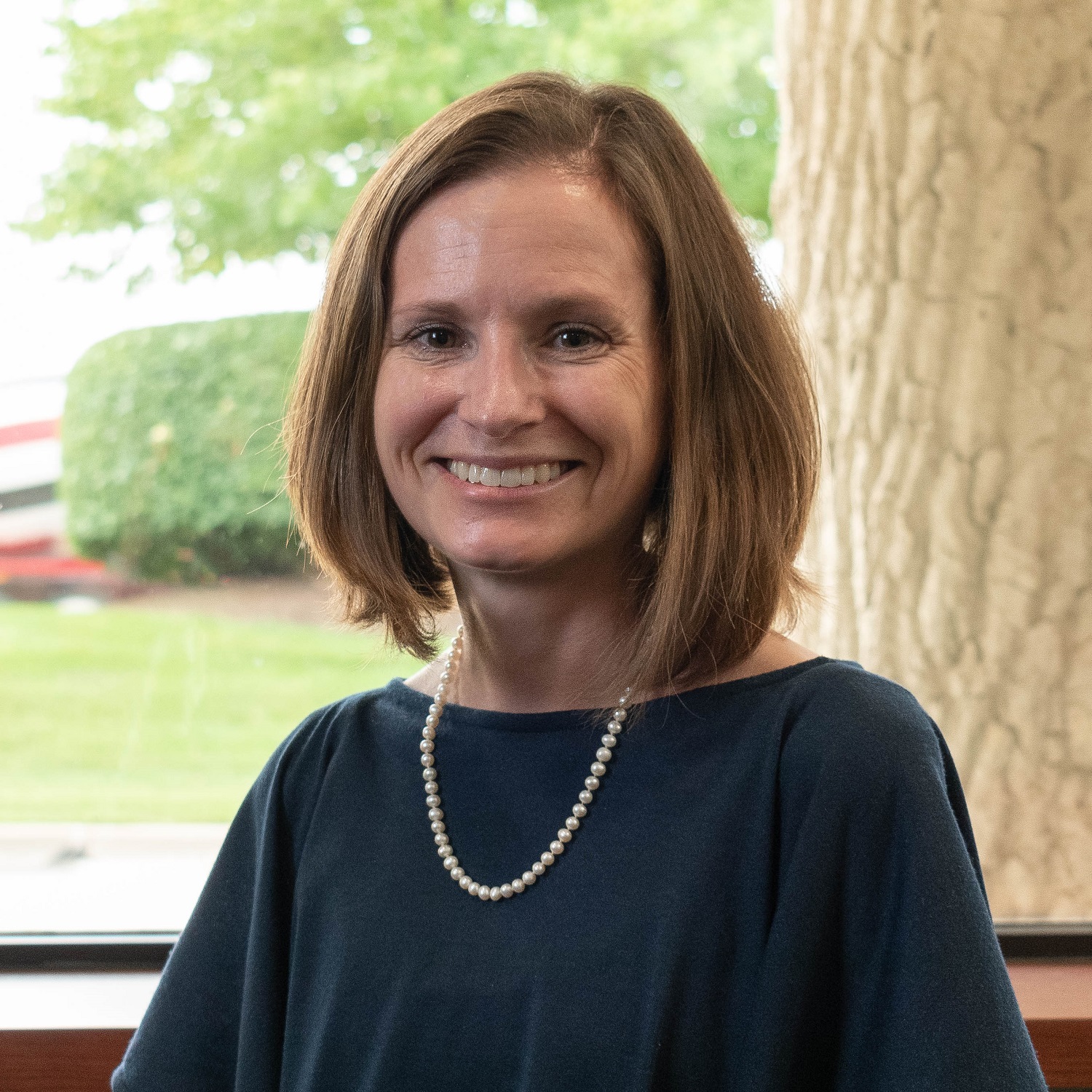
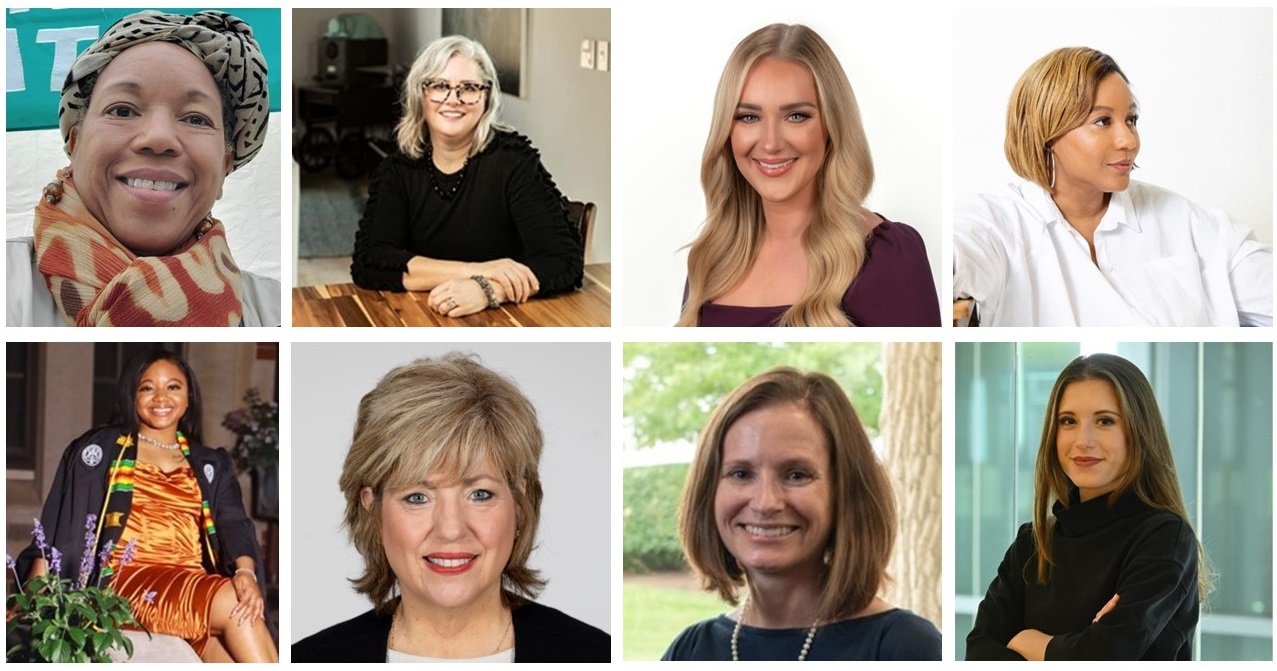
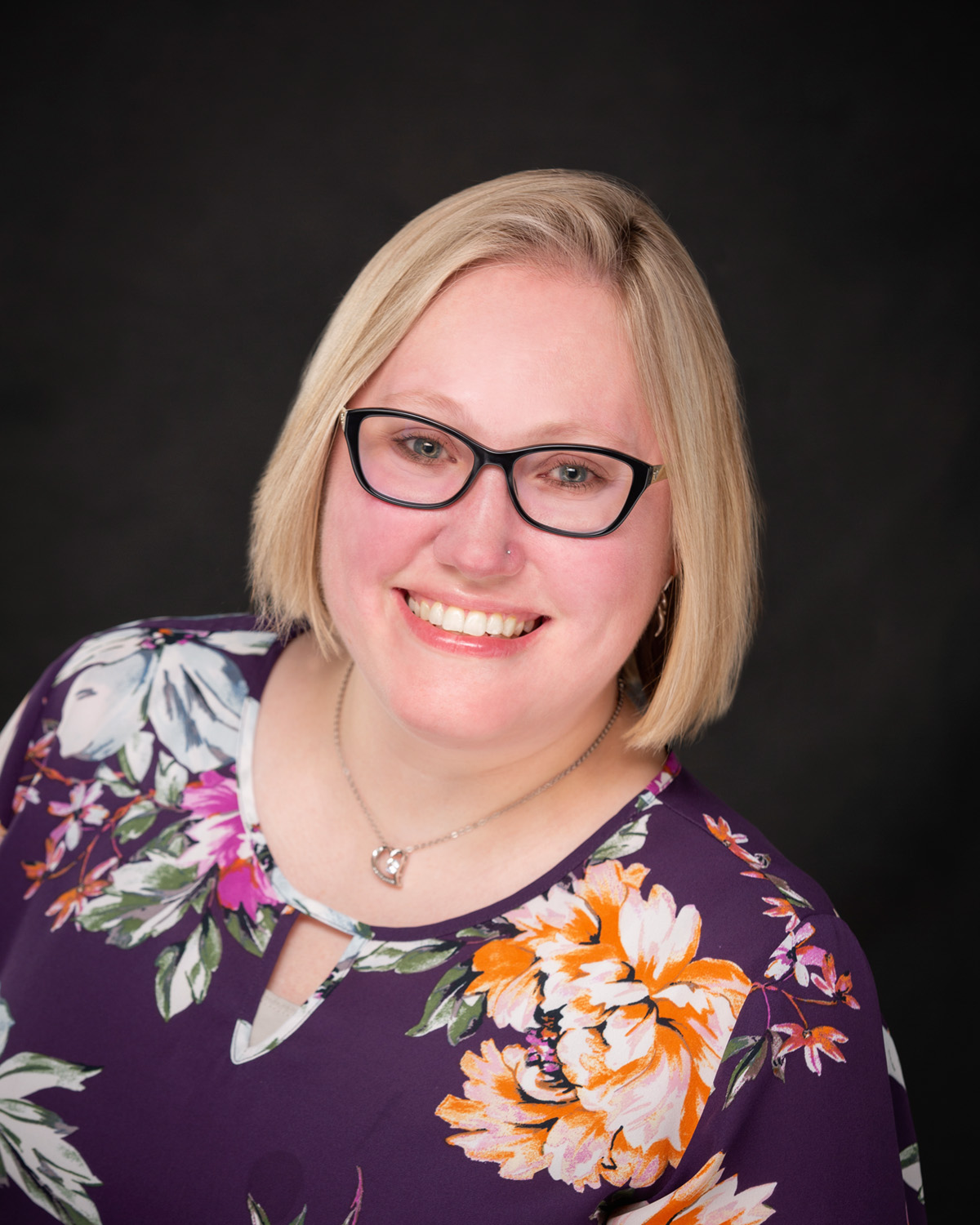
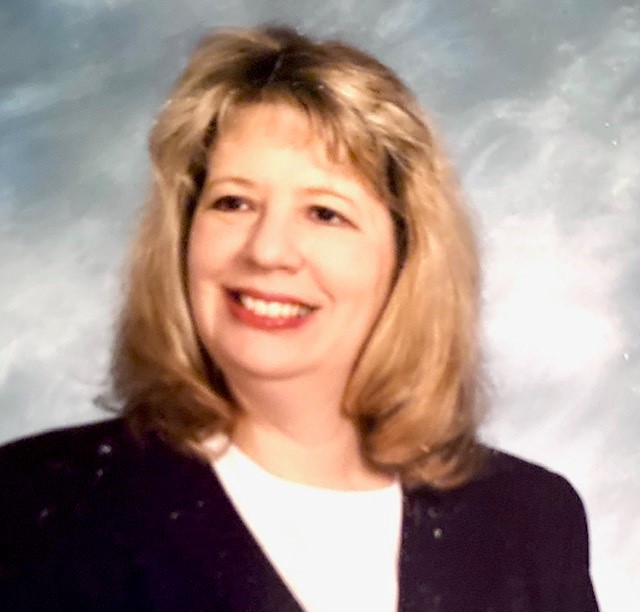
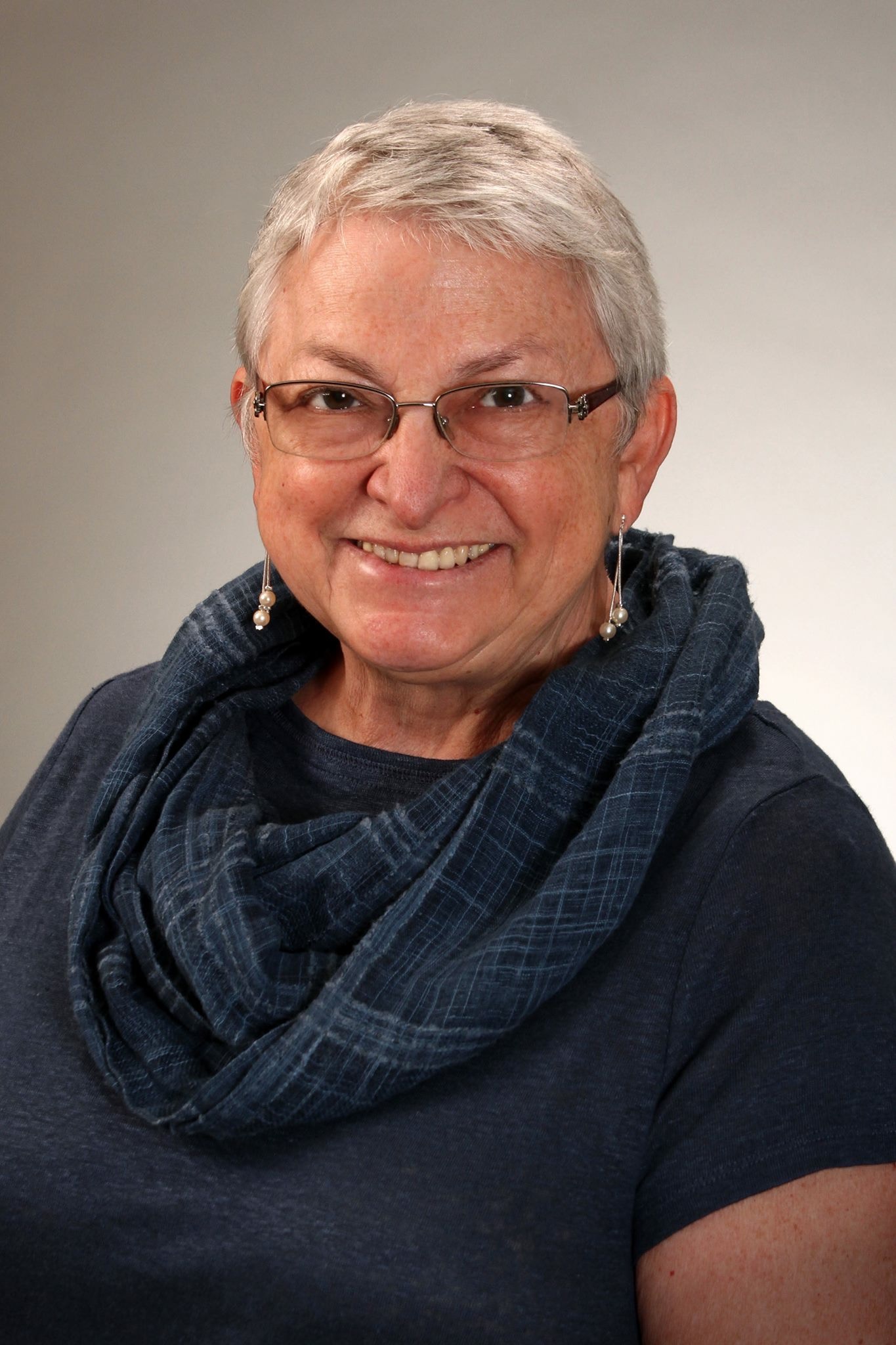
Leave A Comment
You must be logged in to post a comment.